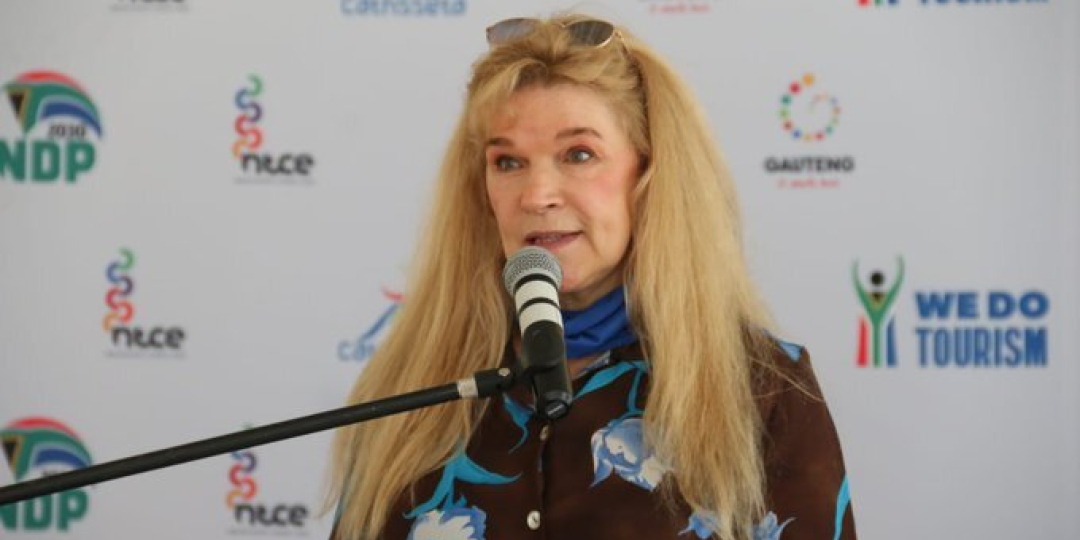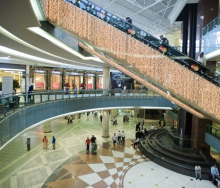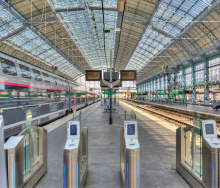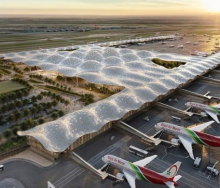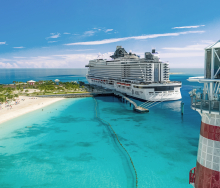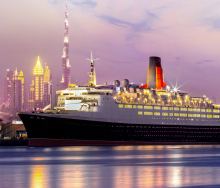Tourism industry experts are approaching 2024 with optimism as the sector looks to build on the ground gained in 2023. However, headwinds such as the national elections, inbound visa issues and global conflicts need to be carefully navigated if the industry is to thrive.
International markets
David Frost, CEO of SATSA said the country was well positioned to see steady growth from major tourism markets like the UK, US and Germany in 2024 but cautioned that the industry must urgently address barriers deterring high-value visitors from China and other emerging economies.
“The private sector continues innovating world-class tourism experiences that showcase South Africa's immense appeal and diversity. Yet we remain hamstrung by visa barriers, ineffective e-visa systems ignoring key markets' nuances, and cumbersome red tape strangling sector growth,” he said.
Frost said closer collaboration between government and industry was key and important decisions impacting the tourism value chain should not exclude stakeholders who understand tourism’s needs.
“The time for talk is over – together we must deliver on tourism's promise,” he said.
FEDHASA National Chairperson Rosemary Anderson said while the organisation was optimistic about tourism’s continued recovery in 2024, decisive action is needed to tackle ongoing barriers deterring visitors from major markets like India and China.
“An ineffective visa regime, lack of an efficient e-visa system, inconsistent basic services, poor road infrastructure, raw sewerage impacting seafront and waterfront destinations and violent crime must be addressed urgently. These constraints have caused particular damage in attracting emerging markets,” she said.
But she added: “Targetted solutions to these constraints can accelerate recovery, especially in the high-potential mid-market and lagging regions. Although the high-end tourism market has rebounded strongly, tapping the vast mid-market holds immense potential as a catalyst for exponential growth.”
Election year
Although most predictions look largely positive, Guy Stehlik, CEO and founder of BON Hotels said the upcoming election could inject economic uncertainty and hinder tourism growth.
He said the biggest impact would be seen in the international inbound market, particularly in the luxury sector, but the domestic, corporate and leisure markets should remain largely resilient after the election.
“The next year will determine whether this country can begin to actualise and realise our vast tourism potential or whether potential progress unravels amidst economic and political uncertainty,” he said.
Cruising
The cruise industry is burgeoning globally. Flight Centre Travel Report highlights increasing demand for cruises in 2023, stating that recent research by the Cruise Lines International Association (CLIA) indicates the volume of people booking cruises globally will exceed the pre-COVID high in 2019 by 6% in 2023 and another 14% in 2024.
However, the risk of shipping in the Red Sea has seen some cruise operators cancelling certain cruises and rerouting others around Cape Town. The duration of the conflict could determine itineraries for 2023/2024 and 2024/2025 and whether or not Richards Bay, Durban, East London, Gqeberha, Mossel Bay, Cape Town and Walvis Bay could reap a bonus from a new demand for stops in, and excursions from Southern African ports.
Cape Town
Data released by Cape Town Tourism indicated an optimistic outlook for the year ahead. Almost all businesses anticipated improved 2024 performance compared to last year. For January 2024, 87% of respondents expected a better or much better performance, with expectations for February and March sitting at 83% and 82%, respectively.
“Looking forward to 2024, we're seeing good signs that the number of tourists coming to Cape Town will keep growing. Our estimates, based on how well we did in 2023 and considering slow economic growth, suggest a modest increase in visitor numbers by up to 3%.
“But if we follow the trends we saw last year, we could see a bigger jump — with up to 8% more international tourists and 11% more South African visitors than last year. This could mean tourists will spend about R11,6 billion during our traditional international peak season from January to April,” said James Vos, Cape Town Mayoral Committee Member for Economic Growth.

